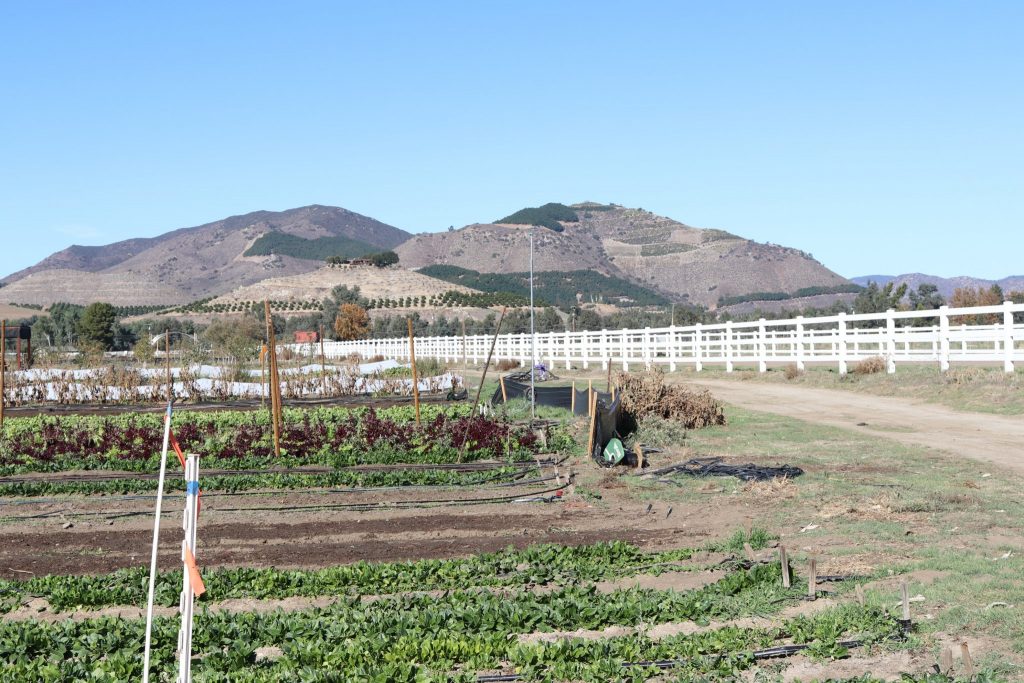
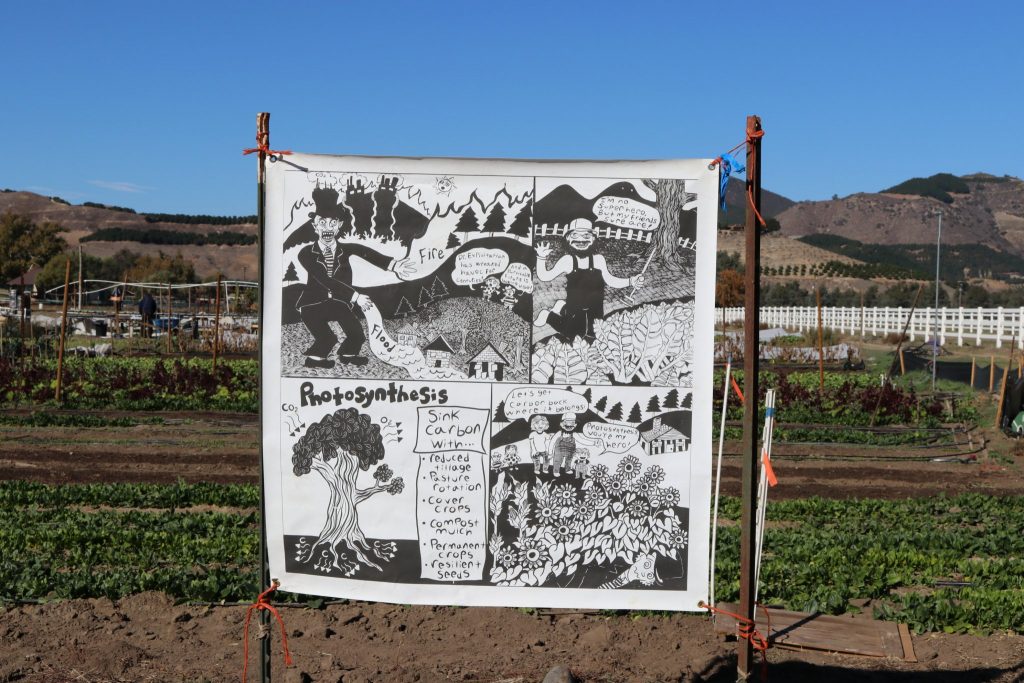
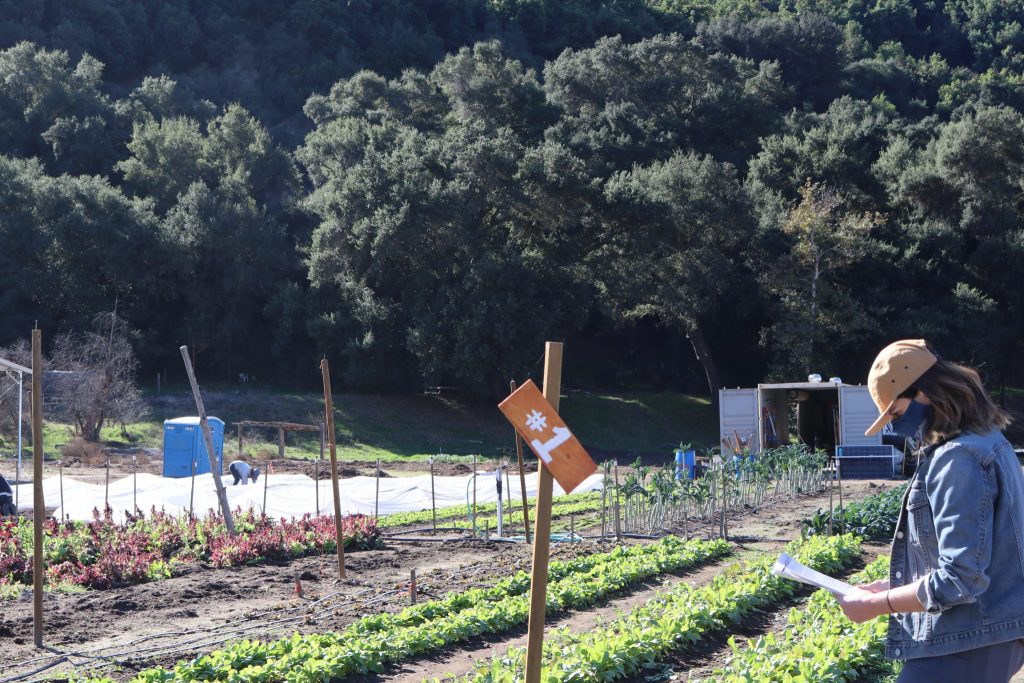
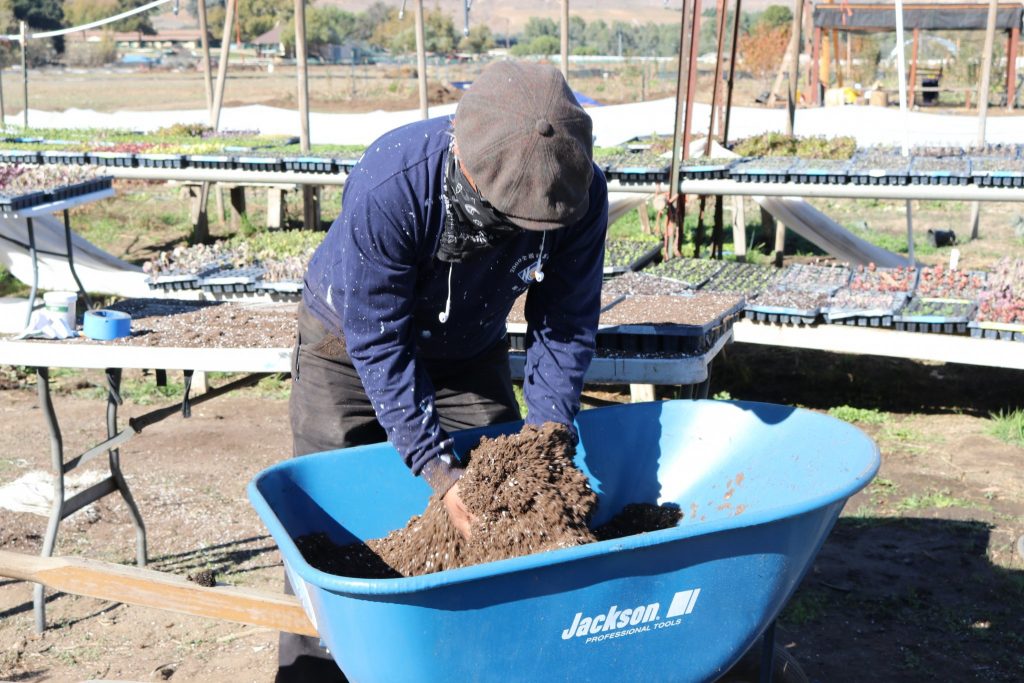
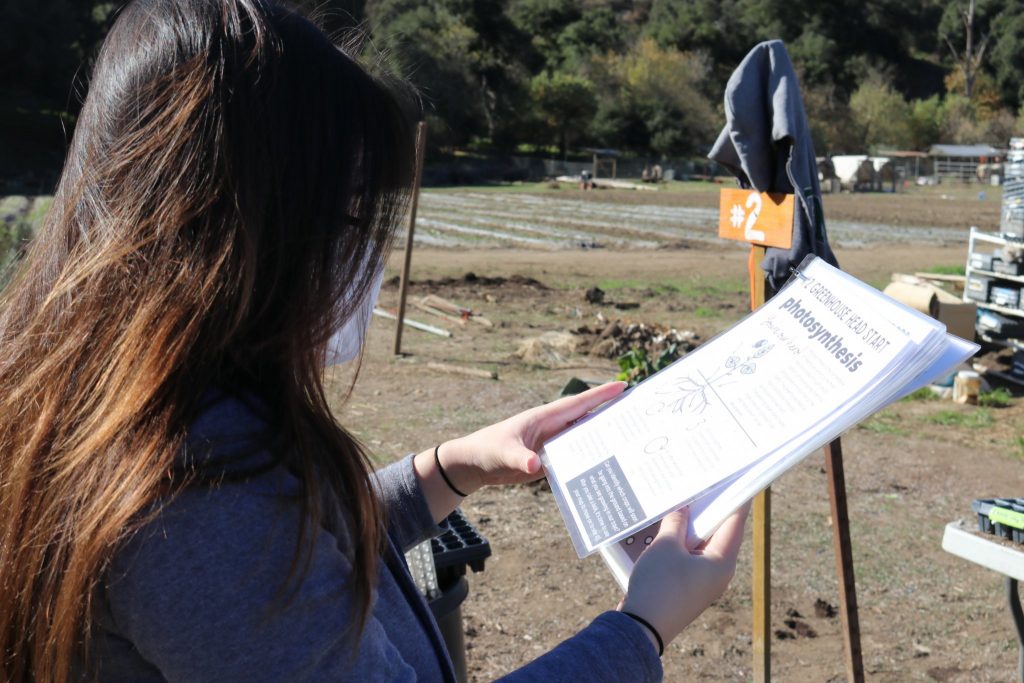
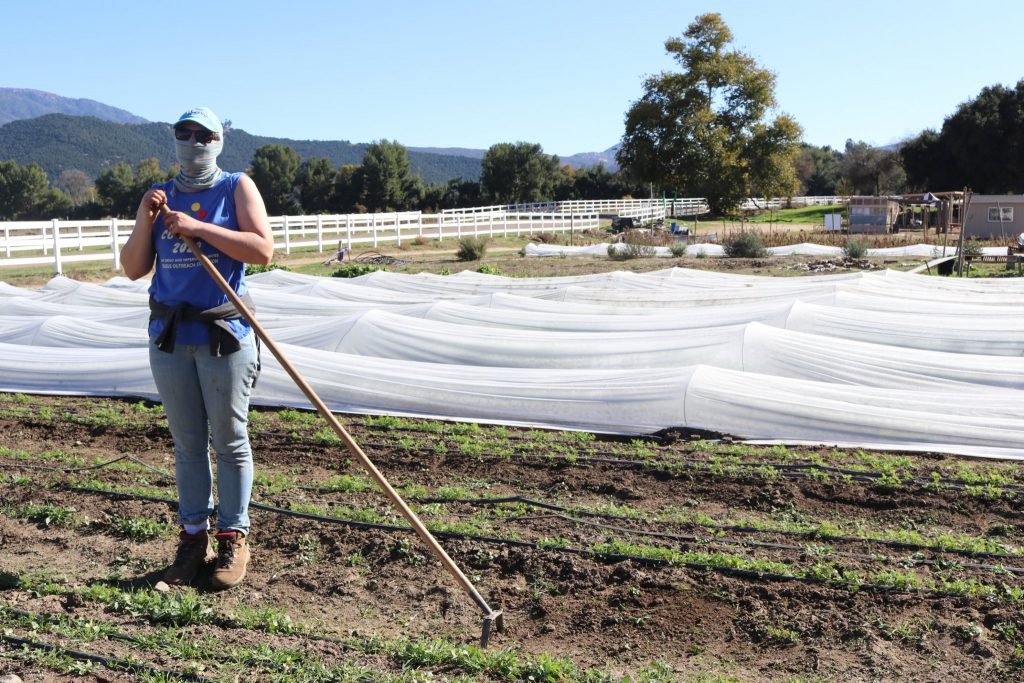
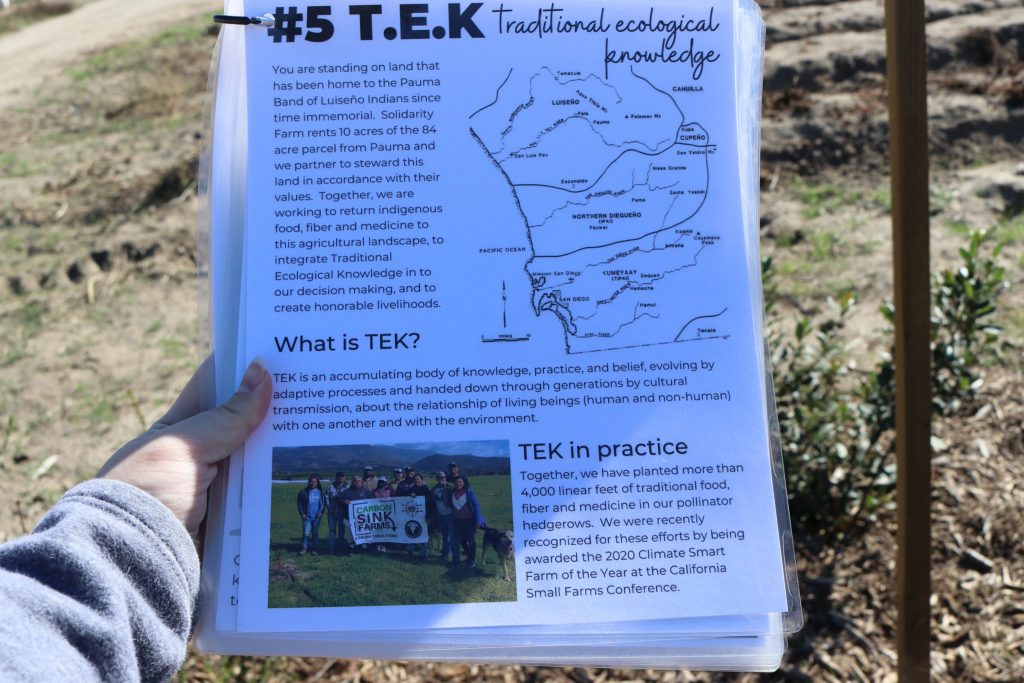
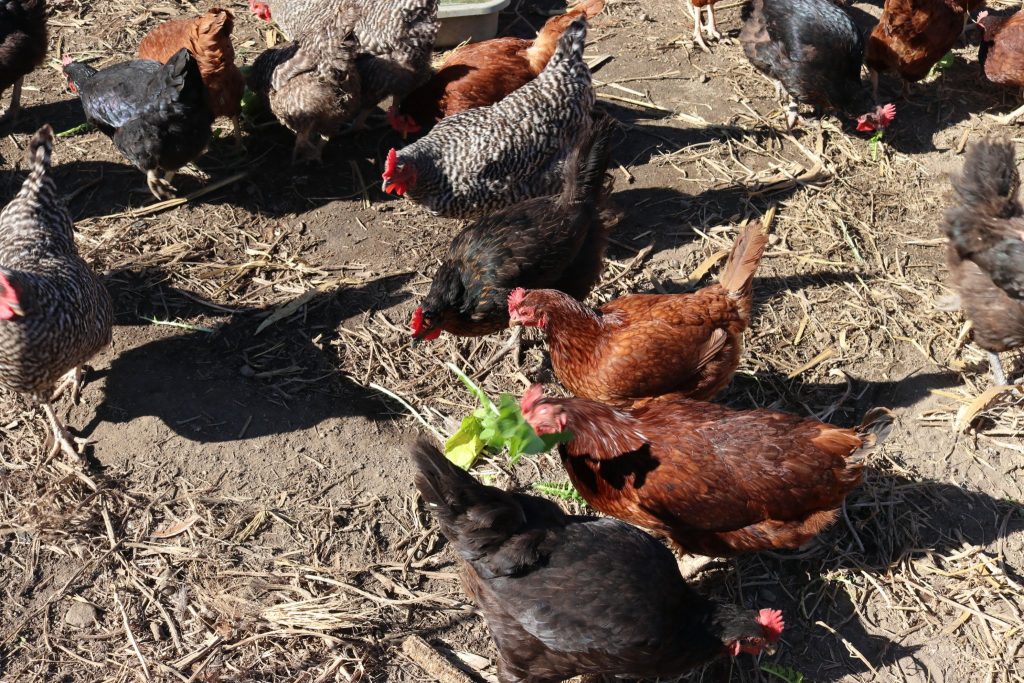
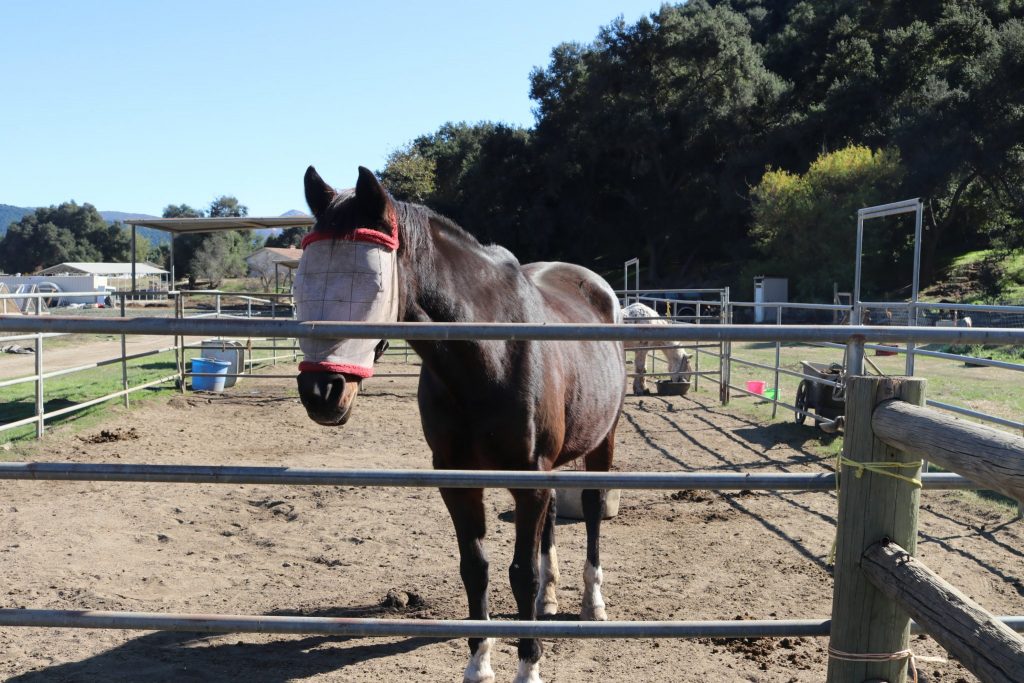
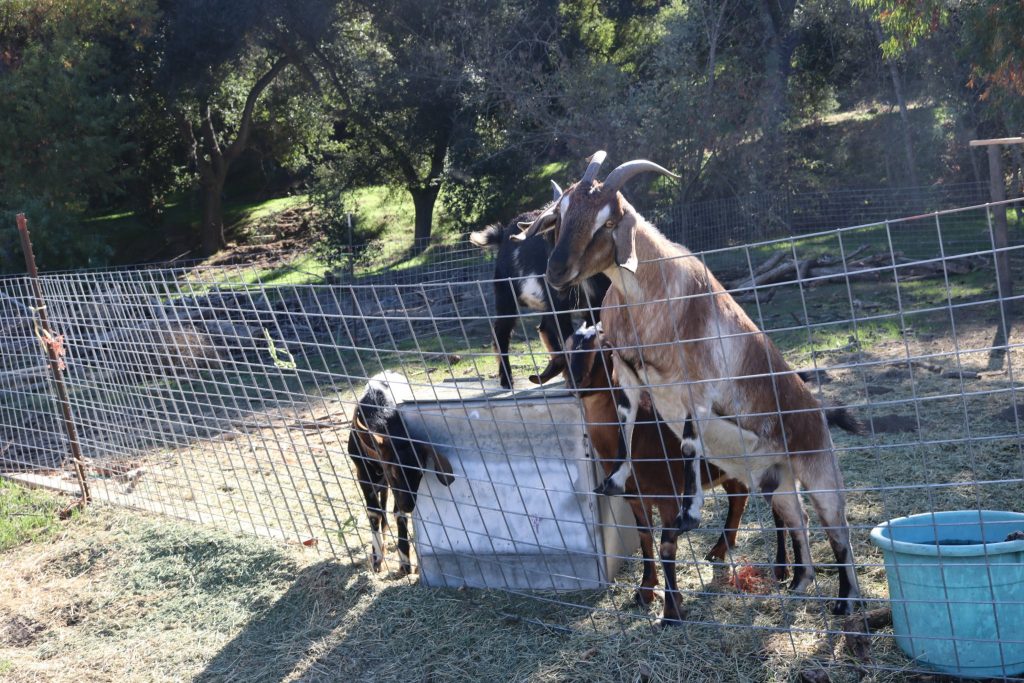
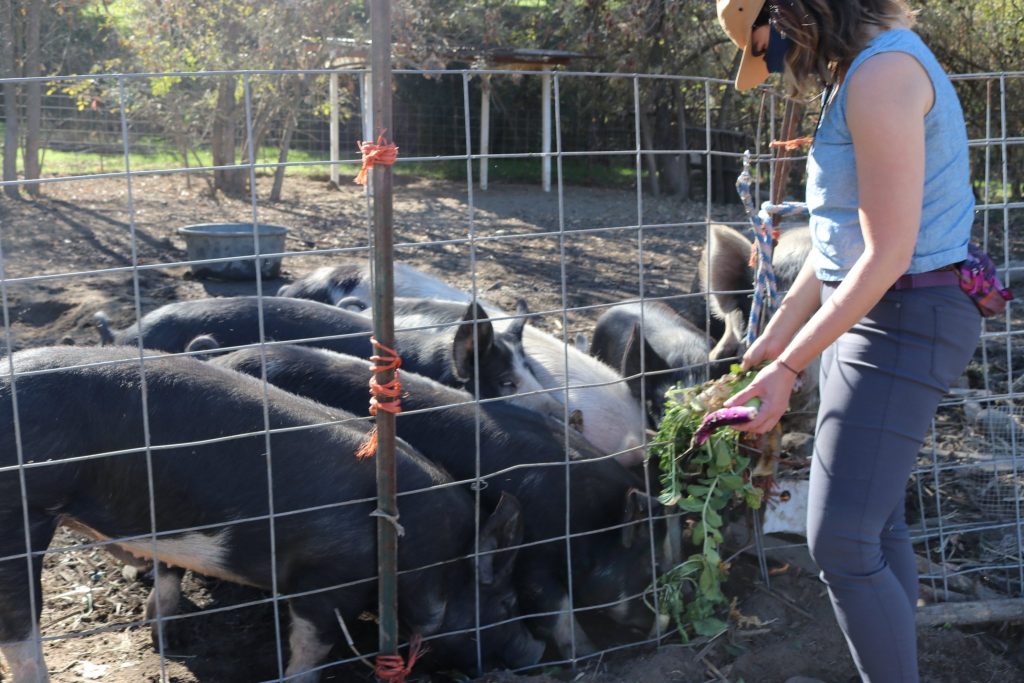
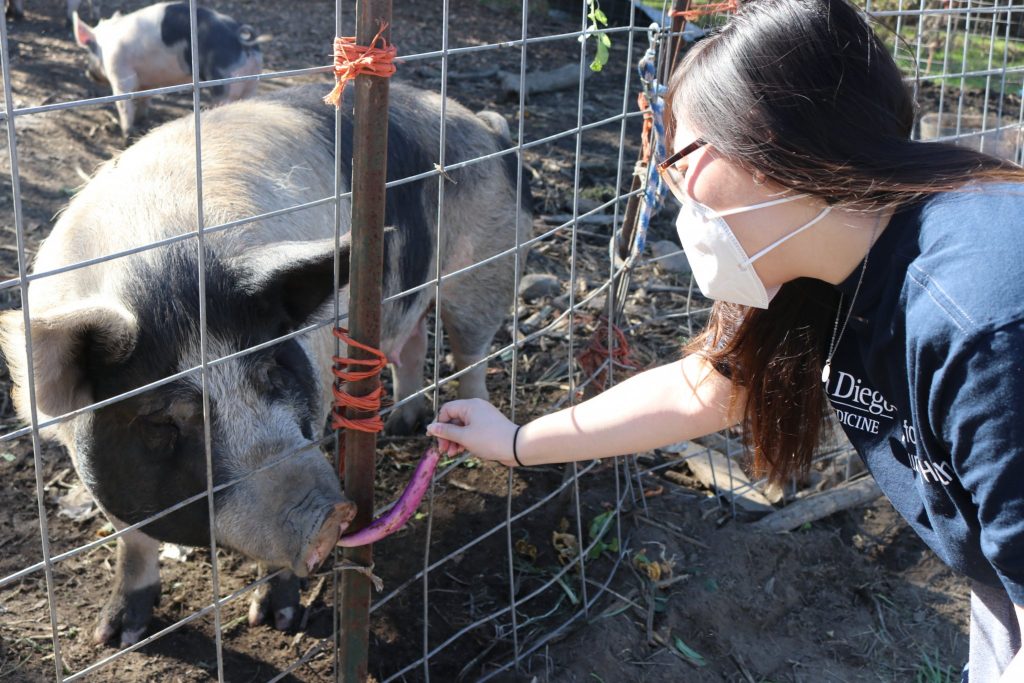
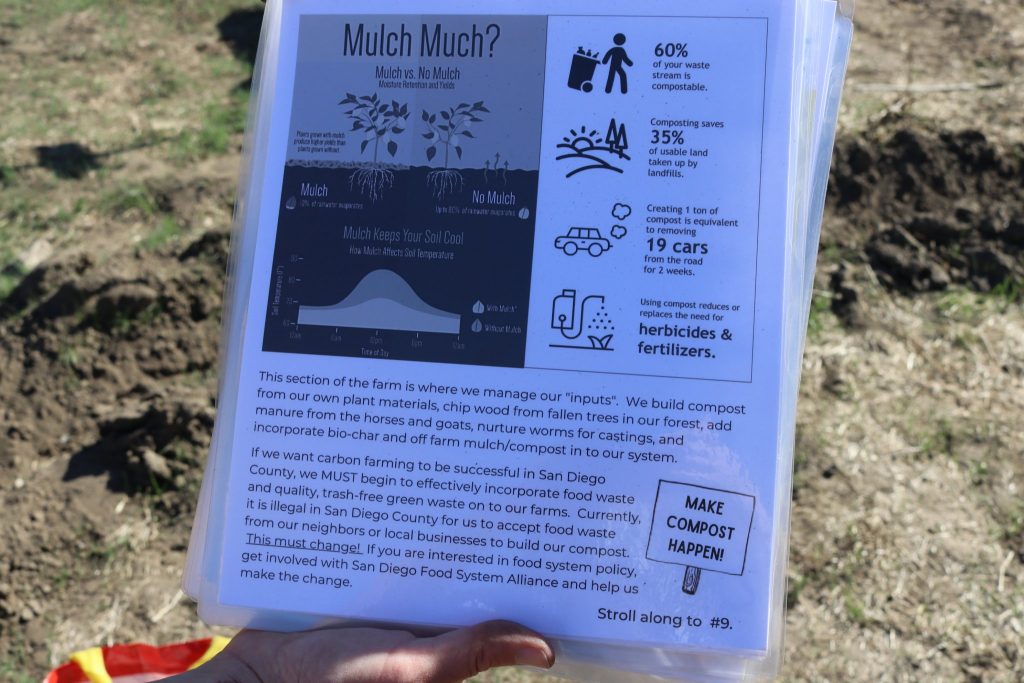
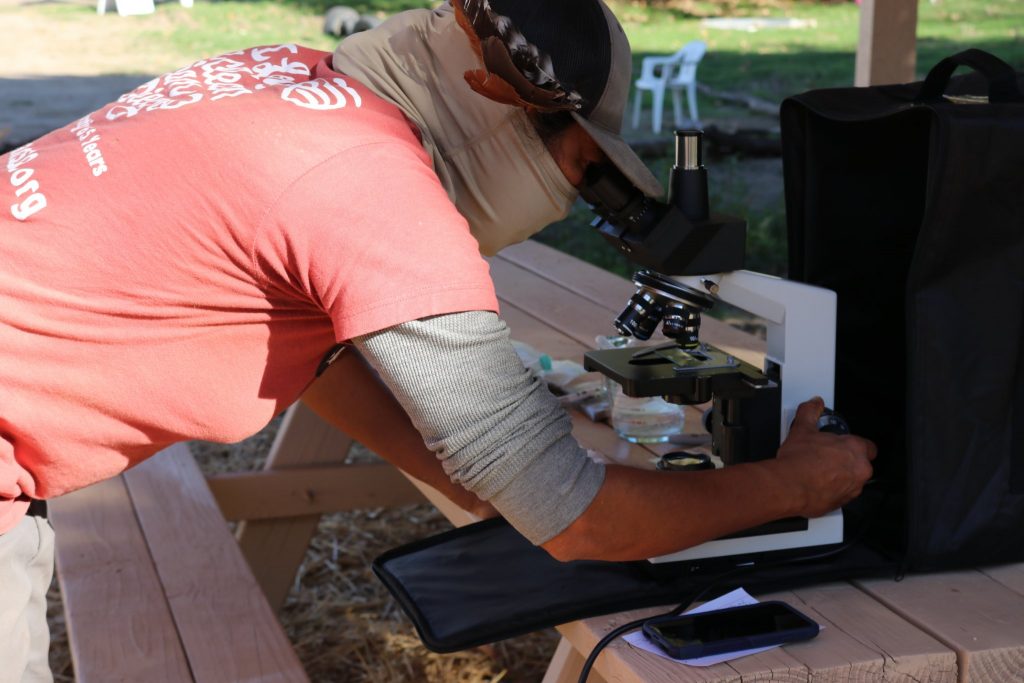
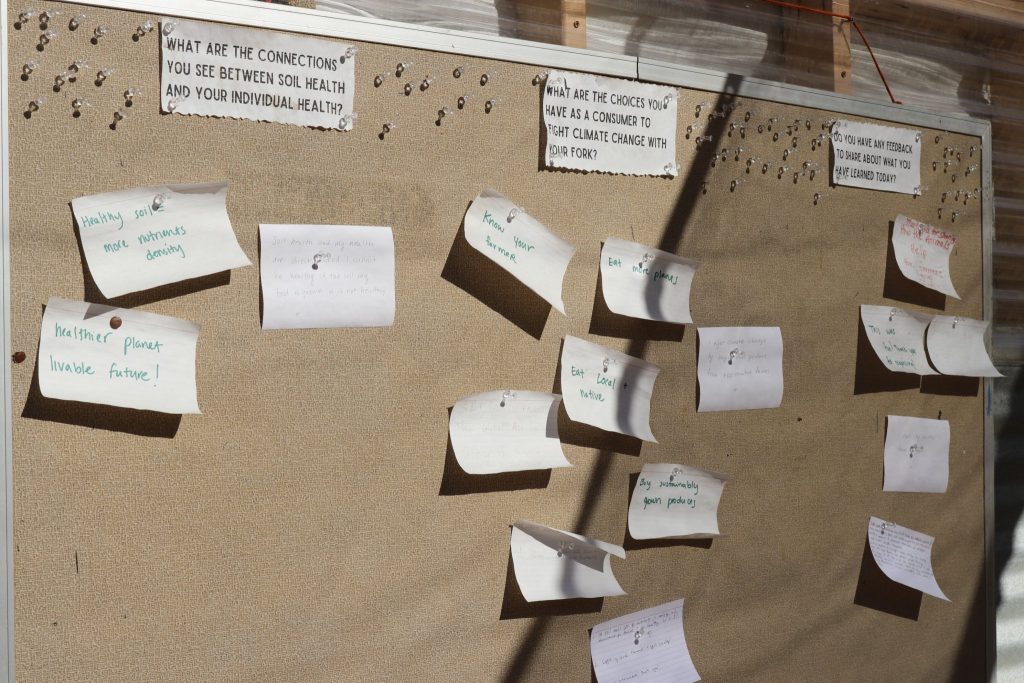
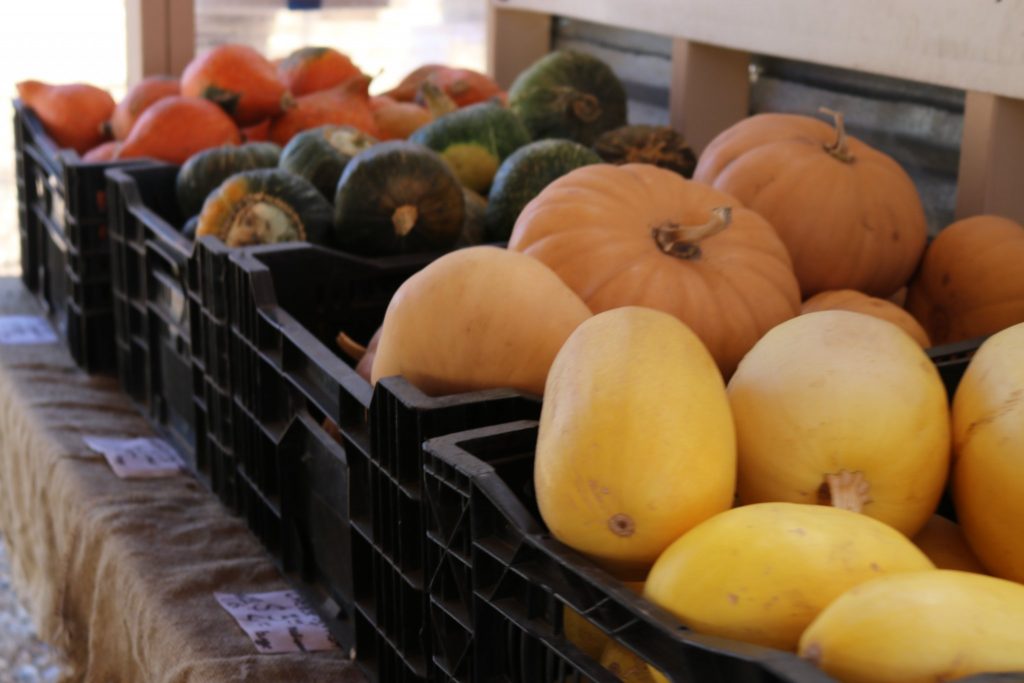
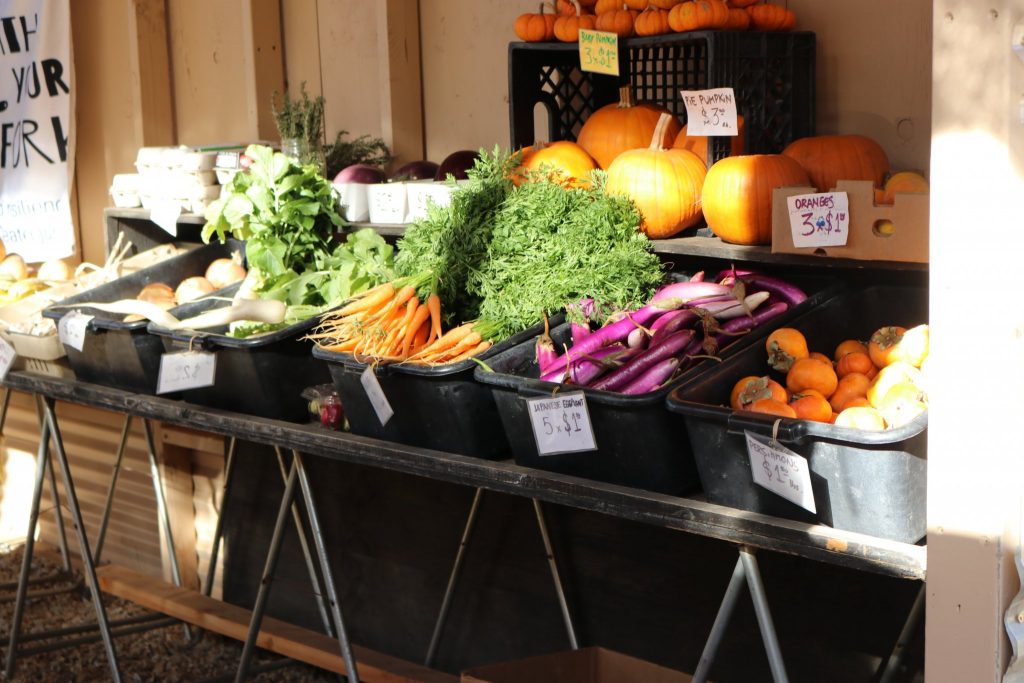
Solidarity Farm is a cooperative family farm located in Pauma Valley. The farm grows a variety of seasonal fruits and vegetables on 10 acres of land. Their purpose is to make healthy food more accessible and create a viable and equitable local food system. To achieve a more sustainable farm, farmers at Solidarity strive to integrate regenerative methods that sequester carbon and build healthy soil. One agricultural method Solidarity Farm uses is carbon farming.
What is Carbon Farming?
Carbon farming is a broad set of agricultural practices that aims to combat climate change by increasing the storage of atmospheric carbon in the soil. To help sequester, or take away, carbon and improve soil health, farmers can replace the use of chemical fertilizers with integrated nutrient management and precision farming, mulch and compost leftover biomass, grow cover crops during the off-season instead of leaving croplands bare, etc. Carbon farming has many benefits such as offsetting carbon emissions, restoring degraded soils, enhancing crop production, and reducing pollution.
To learn more about carbon farming and its benefits, check out local resources from the Resource Conservation District of Greater San Diego County.
Solidarity Farm Carbon Sink Self-Guided Tour
In 2018, Solidarity Farm partnered with the Pauma Band of Luiseno Indians to create the Carbon Sink Demonstration Farm at Pauma Tribal Farms. This demonstration aims to educate the community on the strategies Solidarity Farm uses to mitigate climate change. Recently, members of our Urban Food Equity team, Elle Mari and Nghi Dang, visited Solidarity Farm to tour their Carbon Sink Demonstration. To protect the health of the community and follow social distancing guidelines, tours are now self-guided. Book a tour here or contact Bea at [email protected] for more information about the farm. Kids tours are also available and highly encouraged!
